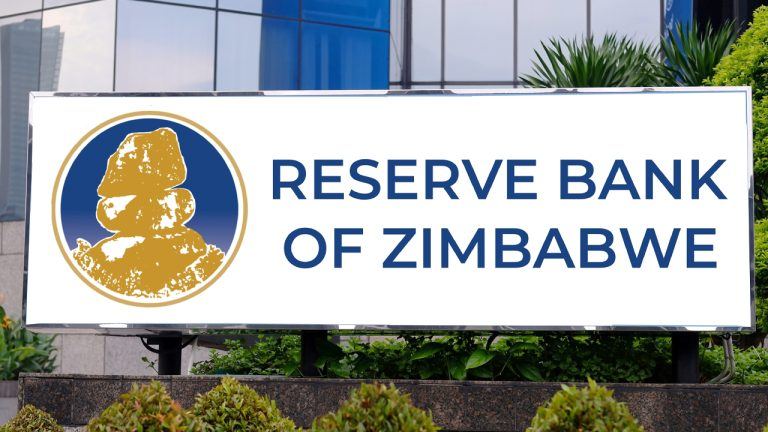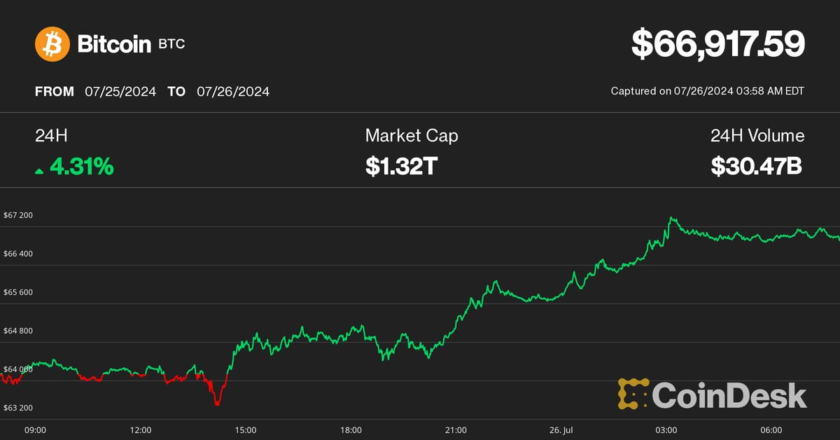A cloud platform, with the goal of building a fairer internet, has made its mainnet live — allowing its growing suite of network-ready applications to offer faster and more secure hosting services for websites, APIs, apps and e-commerce stores.
DADI says its peer-to-peer network helps to shift the emphasis of computing power away from large corporations, as its infrastructure is owned by users. The company claims that those who use its network enjoy greater performance and efficiency as a result, with costs slashed by as much as 60 percent when compared to traditional cloud providers.
This shift away from server farms could also be good for the environment, as spare computing capacity in devices that are commonplace in homes and offices around the world can be used to deliver results. Those who offer spare capacity through their device — be it a DADI Node device or their own games consoles, laptops or any other internet-enabled device — earn residual income through DADI tokens as a result.
According to the company, almost three-quarters of the competitive cloud computing market is now dominated by four tech giants: Google, Microsoft, Amazon and IBM. DADI’s goal is to transform the market’s landscape entirely — and its other web services are already being used by major brands such as Empire, Kiss, What Car? And Monocle. The team also believes that these media brands will opt to migrate to the network over time.
A suite of DApps
The British startup plans to offer a suite of new web services (DApps) designed to work perfectly with the decentralized network.
‘DADI CDN’ is already live — the first decentralized application to be operational on DADI’s mainnet, with the company describing it as a “just-in-time asset manipulation and delivery layer designed for faster content distribution.”
However, many more are expected to follow in the coming months. The third quarter brings Store, which is designed to offer cloud storage facilities for “all types of data” — providing the security, privacy and redundancy that users have come to expect in this tech-aware age.
Others include Publish, a DApp which is scheduled to go live in the first quarter of 2019. Geared toward writers who are looking to share their engaging content with the world, this software will offer flexible interfaces that allow journalists to reduce the time they spend managing articles across multiple platforms. It has been designed to support the principle of COPE — Create Once, Publish Everywhere.
Looking ahead, other applications include Track and Predict. While Track is designed to provide a real-time streaming data layer that offers accurate metrics at an individual and product level, Predict aims to offer intelligence on how users will behave in the future, based on their past interactions with a service.
It is hoped that further DApps will join DADI’s marketplace in the future — and the company is encouraging developers with ideas for new applications to contact them.
Blockchain for good
While the majority of the network revenues will be given back to the network’s contributors directly, DADI’s mainnet launch comes as the organization also throws its support behind a new nonprofit that is designed to act as a “natural extension of its work to democratize the internet.” Funded by transaction fees from the DADI network, the DADI Foundation is designed to offer research, educational tools and financial tools to help technology continue to advance human rights around the world.
At the time of the foundation’s launch, its chief executive Jennifer Martin-Nye warned that the role of technology needed to be reviewed, given the ever-increasing inequality seen in the distribution of wealth and power.
DADI quickly followed up its mainnet launch by teasing a new ‘Founding Node’ program — with plans to give away 100 limited edition DADI Node devices in a prize draw taking place in July. The company says early contributors have a chance to win a Founding Node and be one of the first to power — and own — “a small piece of a fairer, faster, safer internet.”
Disclaimer. Cointelegraph does not endorse any content or product on this page. While we aim at providing you all important information that we could obtain, readers should do their own research before taking any actions related to the company and carry full responsibility for their decisions, nor this article can be considered as an investment advice.




